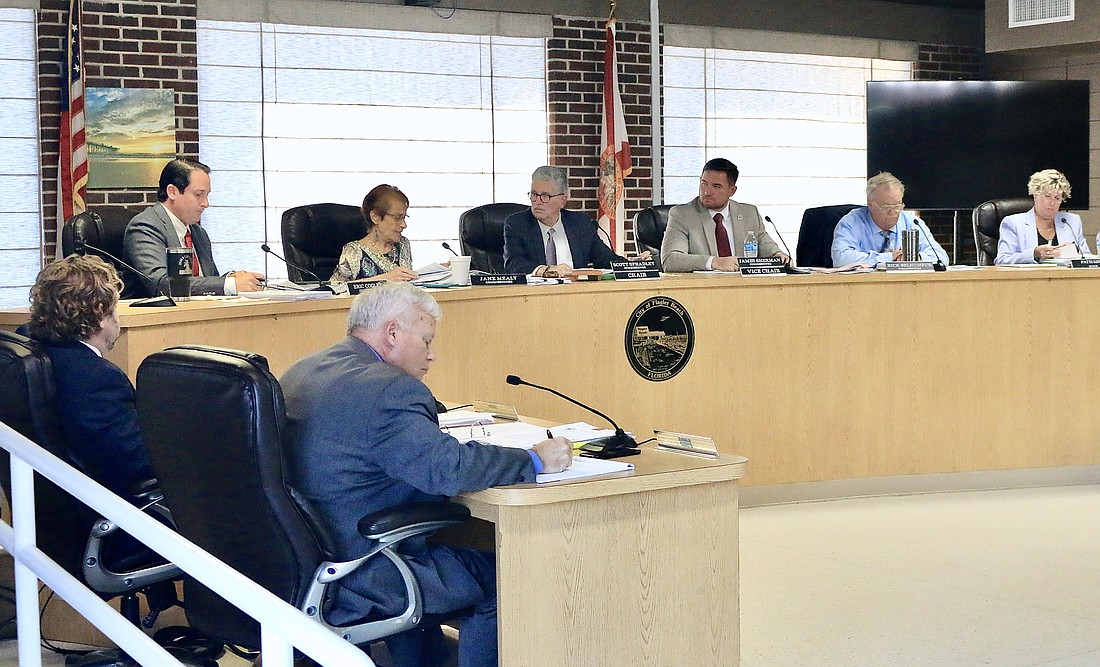- December 15, 2025

The Flagler Beach City Commission has declined to increase the city’s utility rates, despite shortfalls in expenses.
The resolution proposed increasing the sanitation and water and sewage by 3.5%, for both the base rates and flow charges, while stormwater fees would increase from $14.58 to $20, or a 37.2% increase. On average, the proposed increases would have increased a monthly residential bill within city limits by $8.76, according to commission meeting documents.
But the majority of the commission was not sold on the increases. Commissioner Jane Mealy motioned to approve the increases, but the motion did not receive a second, killing the proposal.
Mealy, who has served on the Flagler Beach Commission since 2006, said she remembers during the early years of her tenure, the commission passed on increasing the rates to keep up with cost of living increases until the city was forced to increase by a large margin all at once.
“I know it sounds really good: ‘let's not raise the rates more than we really want to.’ Nobody wants to raise rates,” Mealy said. “I think we need to be careful, because we could get caught up in that kind of scenario again.”
City Manager Dale Martin said Flagler Beach has already had to move funding from the general tax fund — some $60,000 in the 2024-2025 budget — to cover the sanitation costs of picking up public trash cans, which previously was not accounted for.
Even with the additional general tax funds though, the sanitation budget is still at a shortfall, Martin said. And according to meeting documents, just the water and sewer actual usage costs versus that of water and sewer operations shows a $1.1 million shortfall.
The water, sewer and sanitation fees were all proposed to increase at 3.5%, based on the percentage of change in the measure of inflation from 2023-2024 numbers, according to the Florida Public Service Commission.
Commissioners Eric Cooley and Rick Belhumeur had issues with the methodology of how the rate increases were decided. Instead of being based on cost of living or inflation, Cooley said.
“If sanitation costs X amount of dollars, then the rate we set should cover cost sanitation,” Cooley said.
Though the rate increase has died for now, Martin said the city has commissioned in the 2024-2025 budget for a consultant to come in and conduct a study on the city’s sanitation budget.
“To the best of my knowledge, you've never done a deep dive analysis of sanitation, revenues, expenses and progress, and that's what we're intending to do,” he said.